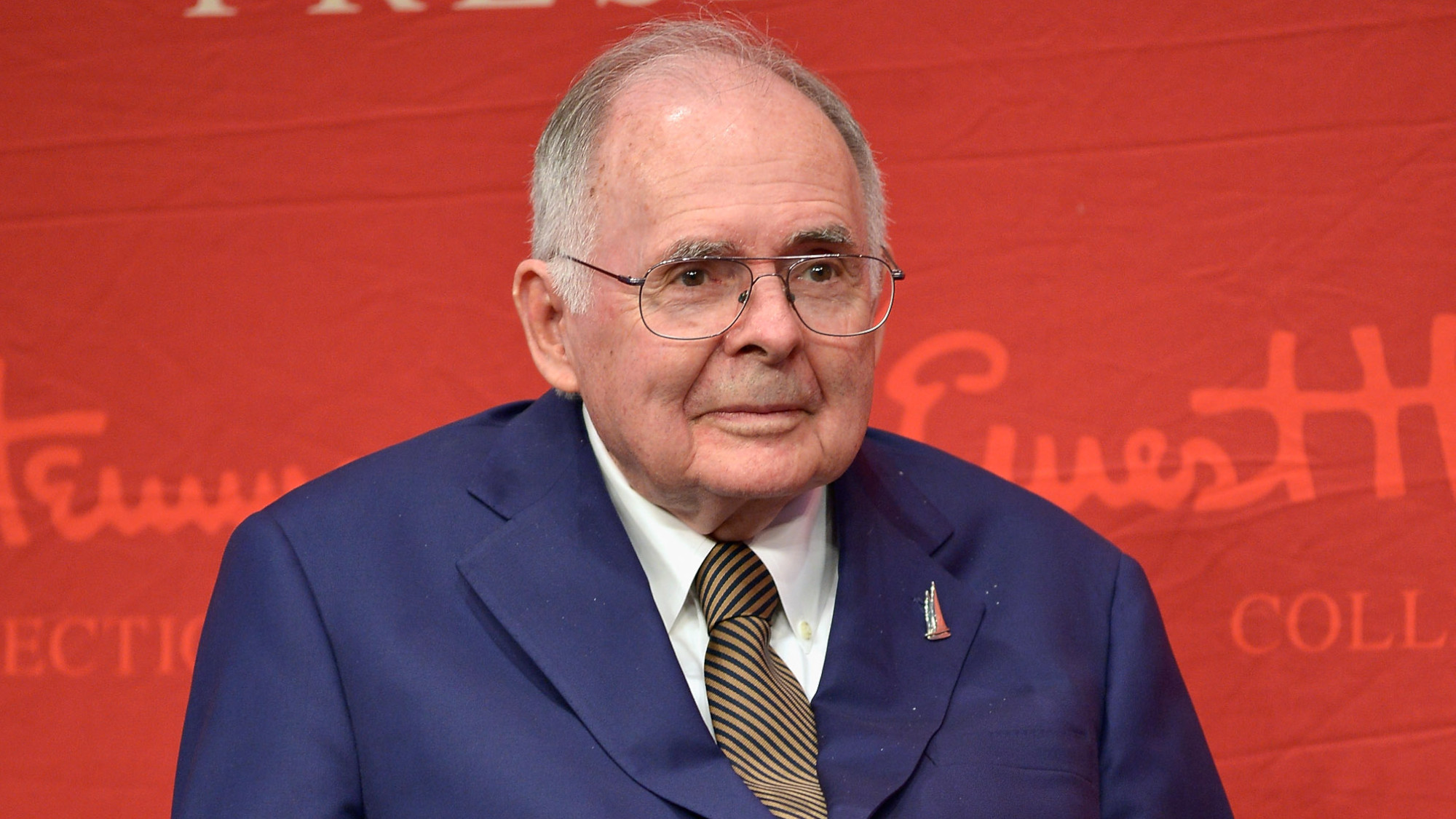Louise Reiss, 1920–2011
The doctor who inspired an atomic test ban
A free daily email with the biggest news stories of the day – and the best features from TheWeek.com
You are now subscribed
Your newsletter sign-up was successful
In 1961, young Eric Reiss picked up the phone at his family’s St. Louis home. “This is John Kennedy,” said the voice on the line, “Can I talk to your mom?” The president’s call was prompted by a remarkable study on baby teeth that Dr. Louise Reiss had recently published in Science. Indeed, Reiss’ findings could hardly have been more monumental; President Kennedy used them to argue for a treaty with the Soviet Union that soon banned aboveground testing of atomic bombs.
Reiss was born Louise Marie Zibold in New York City, the daughter of an Austrian immigrant father who had grown wealthy designing and constructing prisoner-of-war camps for the U.S. during World War I. She graduated from the Women’s Medical College of Pennsylvania and met Dr. Eric Reiss, who became her husband, while she was doing an internship and residency at Philadelphia General Hospital. The couple later moved to St. Louis, where Reiss worked for the city health department. A former polio victim—Reiss had been stricken when she was about 5 years old but recovered—she started a program to inoculate St. Louis schoolchildren against the disease.
By the mid 1950s, the U.S. and the Soviet Union, locked in an escalating arms race, had detonated hundreds of nuclear bombs. Prevailing winds and precipitation sent fallout from the tests—including 100 conducted in Nevada—across American farms, suburbs, and cities. Along with her husband and another prominent scientist, Barry Commoner, Reiss “hit on the idea of testing children’s baby teeth for strontium 90, a radioactive byproduct of atomic bombs,” said the St. Louis Post-Dispatch. As project director, Reiss visited schools and civic groups, encouraging children and parents to mail recently lost baby teeth to her at the Greater St. Louis Citizens’ Committee for Nuclear Information. “In return, each child received a button that said, ‘I gave my tooth to science.’” Some 320,000 teeth were eventually collected and sent for testing at Washington University in St. Louis.
The Week
Escape your echo chamber. Get the facts behind the news, plus analysis from multiple perspectives.

Sign up for The Week's Free Newsletters
From our morning news briefing to a weekly Good News Newsletter, get the best of The Week delivered directly to your inbox.
From our morning news briefing to a weekly Good News Newsletter, get the best of The Week delivered directly to your inbox.
“The study ultimately found that children born in St. Louis in 1963 had 50 times as much strontium 90 in their teeth as children born in 1950—before most of the atomic tests,” said The New York Times. In 1963, Reiss’ husband presented those findings to a U.S. Senate committee hearing, and two months later the U.S., Britain, and the Soviet Union signed the Partial Test Ban Treaty banning tests in the atmosphere. “Dr. Reiss was proud that the project achieved its aims through science rather than politics.”
Reiss’ Baby Tooth Survey reverberates still. New studies have been conducted on thousands of teeth that were collected but not used in the original study. The Radiation and Public Health Project, an independent research group, is using the teeth to study cancer risks in donors. “We plan to continue this work by testing more teeth and addressing diseases in addition to cancer, such as thyroid disease and genetic defects,” said executive director Joseph Mangano.
A free daily email with the biggest news stories of the day – and the best features from TheWeek.com
-
 The ‘ravenous’ demand for Cornish minerals
The ‘ravenous’ demand for Cornish mineralsUnder the Radar Growing need for critical minerals to power tech has intensified ‘appetite’ for lithium, which could be a ‘huge boon’ for local economy
-
 Why are election experts taking Trump’s midterm threats seriously?
Why are election experts taking Trump’s midterm threats seriously?IN THE SPOTLIGHT As the president muses about polling place deployments and a centralized electoral system aimed at one-party control, lawmakers are taking this administration at its word
-
 ‘Restaurateurs have become millionaires’
‘Restaurateurs have become millionaires’Instant Opinion Opinion, comment and editorials of the day
-
 Catherine O'Hara: The madcap actress who sparkled on ‘SCTV’ and ‘Schitt’s Creek’
Catherine O'Hara: The madcap actress who sparkled on ‘SCTV’ and ‘Schitt’s Creek’Feature O'Hara cracked up audiences for more than 50 years
-
 Bob Weir: The Grateful Dead guitarist who kept the hippie flame
Bob Weir: The Grateful Dead guitarist who kept the hippie flameFeature The fan favorite died at 78
-
 Brigitte Bardot: the bombshell who embodied the new France
Brigitte Bardot: the bombshell who embodied the new FranceFeature The actress retired from cinema at 39, and later become known for animal rights activism and anti-Muslim bigotry
-
 Frank Gehry: the architect who made buildings flow like water
Frank Gehry: the architect who made buildings flow like waterFeature The revered building master died at the age of 96
-
 R&B singer D’Angelo
R&B singer D’AngeloFeature A reclusive visionary who transformed the genre
-
 Kiss guitarist Ace Frehley
Kiss guitarist Ace FrehleyFeature The rocker who shot fireworks from his guitar
-
 Robert Redford: the Hollywood icon who founded the Sundance Film Festival
Robert Redford: the Hollywood icon who founded the Sundance Film FestivalFeature Redford’s most lasting influence may have been as the man who ‘invigorated American independent cinema’ through Sundance
-
 Patrick Hemingway: The Hemingway son who tended to his father’s legacy
Patrick Hemingway: The Hemingway son who tended to his father’s legacyFeature He was comfortable in the shadow of his famous father, Ernest Hemingway